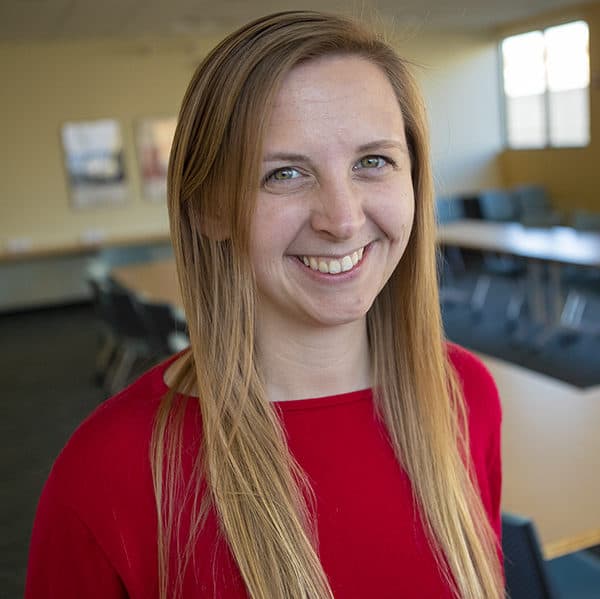Advertisement
Coronavirus Coverage
Baker Increases Capacity Limits At Restaurants, Gyms, Stores To 40%

Restaurants, gyms, stores and other businesses could welcome customers up to a 40% capacity starting Monday, Gov. Charlie Baker announced.
"To protect the health care system ... our administration put additional restrictions in place before the holidays," Baker said during his press conference last Thursday. "Overall, we think it worked."
A 25% capacity limit at many businesses has been in place since after Christmas to stem the spread of coronavirus. It increases beginning at 5 a.m. on Monday, Feb. 8, Baker said. The state will remain in phase three, step one of its reopening plan, which means indoor performance venues and indoor recreational businesses will remain closed.
This means that just in time for Valentine's Day, restaurants can increase their capacity to 40%, though a 90-minute-time limit and a maximum of six people per table still remain.
The gathering order has not changed: a maximum of 10 people are allowed to gather for indoor events, and 25 people for outdoor activities.
Baker cited a decrease in hospitalizations and the percent positive rate, and the beginning of the vaccination rollout, in his explanation for why these restrictions could be lifted.
Vaccines have started with a bumpy rollout: about 7.2% of the state's population has received the first dose and 1.8% have received the second dose.
According to state data from Wednesday, the average seven-day percent positive rate is 3.30%. At its apparent peak after the holidays, the seven-day percent positive rate was over 8%. The current seven-day average of daily confirmed cases is about on par with the seven-day average of daily cases during the first peak in the spring of 2020.
While the state's data is heading in the right direction, Sam Scarpino, who leads Northeastern's Emergent Epidemics Lab, told WBUR's Morning Edition, the numbers are still high.
"I think the governor moved too quickly to ease restrictions, especially with respect to giving advance notice to local jurisdictions and given the still high number of hospitalizations and cases that we have across the state," he said.
Additionally, he said it's not clear what is causing the current downward trend, which would make him hesitant about easing restrictions. While the vaccination program has begun, Scarpino said, we're also coming off of a long holiday season, which makes interpreting some of the numbers difficult.
He said the state should also be concerned about the highly-transmissible variants beginning to circulate locally.
That's something Somerville Mayor Joseph Curtatone is thinking about. While most of the state is reopening Monday, the city of Somerville decided to not relax business restrictions. Curtatone told WBUR's Morning Edition on Monday that he's heeding the advice of health experts.
Though Somerville's average positive test rate is about 1.59% (half the state-wide average), Curtatone says, "It's an important trend — that trend should dictate to us to double down on our efforts."
Baker defended the decision to increase capacity at businesses to reporters, saying public health officials have been assuming the variant has been in the state for some time but cases continue to drop.
"We obviously know how important it is for everyone to be vigilant, but I think that the variants have been with us for a while and we've still seen a drop," he said.
This article was originally published on February 04, 2021.
